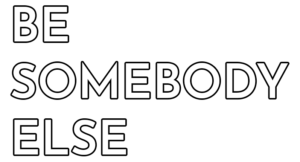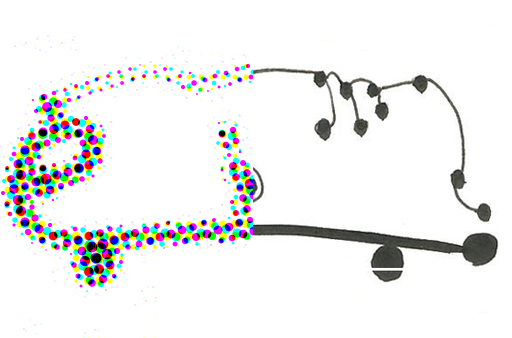-ism
Reading Donnel Stern’s Unformulated Experience (2003) over the weekend I found myself bumping up against a familiar thought. There are few people able to write about those thinkers usually categorised as ‘post-structuralist’, and very few of them are psychoanalysts.
Post-structuralism, like all the -isms, means far less (I agree it has to mean something) than it points to: a tendency towards mastery, control, synthesis, call it what you will, that suits universities in their commercial activities;. Writers like Derrida and Foucault become complicating nodes in some kind of a Big Thinking project, revisionists of how life happens, authors for the academics who embrace ismitis (a terrible complaint), rather than writers who wrote for anybody.
Stern’s clinical thinking is a great help. The alliances he forms with characters like Merleau-Ponty I find far less so. Unformulated Experience has one reference, for example, to Husserl (p. 253), which in the context of discussing experience seems rather like forgetting to tell a visitor to London that the Underground map is not drawn to scale.
Something like that. A distortion. Difference. You need to spend a lot of time with someone like Foucault, or Derrida; and then with other people who have tried to do the same, before you can have anything to say. Wouldn’t an analyst think that? Following the connecting power of –ism is to allow a rot to set in.


